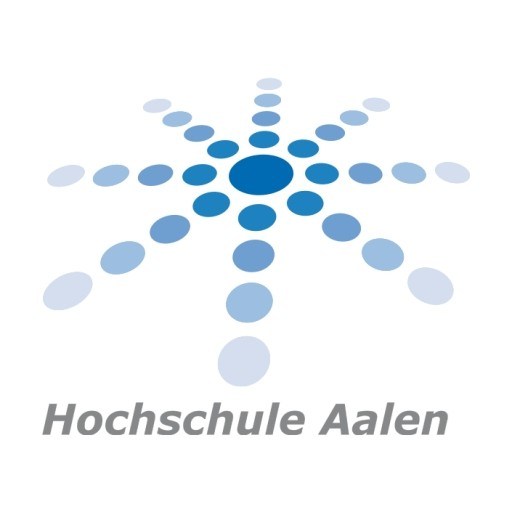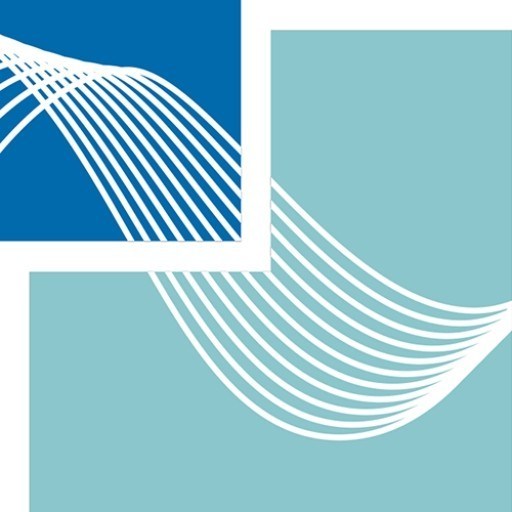Photos of university / #unihohenheim
The population of our world is increasing rapidly. In order to provide food for ourselves and our children, we will need to understand and manage ever more complex and diverse agricultural and ecological systems. This will be particularly true for developing countries in the tropical and subtropical regions of the world where the population is increasing most rapidly and resources are most limited.
Students in this Master's programme will be qualified to handle challenging tasks in the fields of agriculture and resource conservation. They will acquire analytical skills and multidisciplinary competences. These qualifications are required to address current and future problems in agricultural ecosystems worldwide.
Co-operation and collaborations with universities and organisations in more than 90 countries facilitate an international perspective.
Students in this Master's programme will be qualified to handle challenging tasks in the fields of agriculture and resource conservation. They will acquire analytical skills and multidisciplinary competences. These qualifications are required to address current and future problems in agricultural ecosystems worldwide.
Co-operation and collaborations with universities and organisations in more than 90 countries facilitate an international perspective.
Educational organisation
The programme consists of three in-class semesters comprising 14 modules and one research semester. Eight interdisciplinary modules are compulsory for each student. Guided by an individual mentor, students can choose modules totalling 40.5 credits out of the entire course catalogue of the Faculty of Agriculture Sciences.Study abroad unit(s)
Students have the opportunity to take the third semester modules at partner universities abroad. The thesis semester may be spent in Germany, but European students are strongly advised to spend this semester abroad in the tropics and subtropics (within one of the numerous international research projects conducted by Hohenheim's research staff in cooperation with partner institutions).Internships
Internships are not compulsory, but recommended. The internship must be organised by the student and has to fit the schedule of the programme. Upon request, the Career Center may assist in finding an internship.Forms of assessment
Written assessment (exams, presentations, essays, thesis)Oral assessment (exams, presentations, defence)
Course objectives
Students will acquire broad knowledge in the interdisciplinary field of tropical agriculture. They will gain skills for working in a multicultural and interdisciplinary environment and will be well trained in modern research methods and communication skills. Graduates will be able to make use of all disciplines in agricultural sciences, in the analysis of production systems, and in the development of sound strategies to safeguard natural resources, to reduce poverty, and to develop sustainable and adaptable techniques for local farmers.Language requirements
TOEFL: minimum 90 internet-based orIELTS: minimum 6.5
Academic requirements
Above-average Bachelor of Science (BSc) or equivalent degree in agricultural sciences or natural sciences.Enrolment fees
About 160 EUR per semesterCosts of living
Living expenses are relatively high. Each student should calculate at least 700 EUR per month for accommodation, food, health insurance, and public transport.For the first month, students should expect higher costs, as they have to pay registration fees. Rent for a single room varies from 220 EUR to 400 EUR per month.
Job opportunities
Hohenheim offers enrolled students assistant jobs on campus. Students are responsible for managing working hours and these hours should not conflict with their studies. Working off campus is also possible according to the Aliens Act. However, please be aware that without good knowledge of German, jobs are quite difficult to find.Arrival support
Assistance with accommodation, enrolment, and health insurance is provided by the international office. The programme coordination office can help with the organisation of the studies and other formalities.Services and support for international students
German language courses for beginners and advanced learners are offered during the semester.Students can participate in ten introductory days with trips and presentations to get to know the university facilities and local surroundings.
"Warm-up seminars" (intercultural seminar, facts and skills seminar) are offered before the start of the programme.
Upon request, a personal mentor from the teaching staff can advise students on appropriate study profiles as well as support students in planning their studies in a smooth and goal-oriented way.








